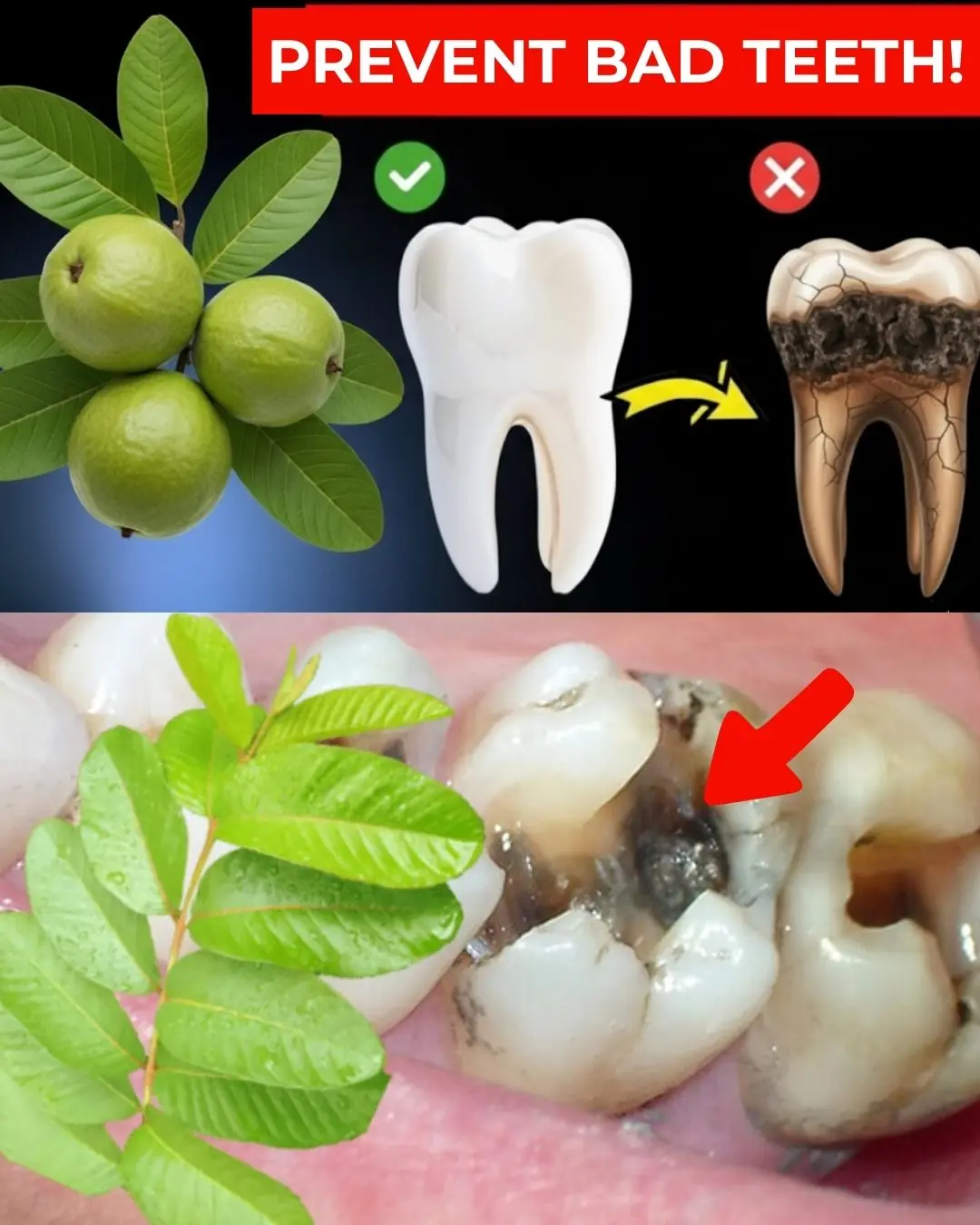
Causes of Early Graying You Never Suspected
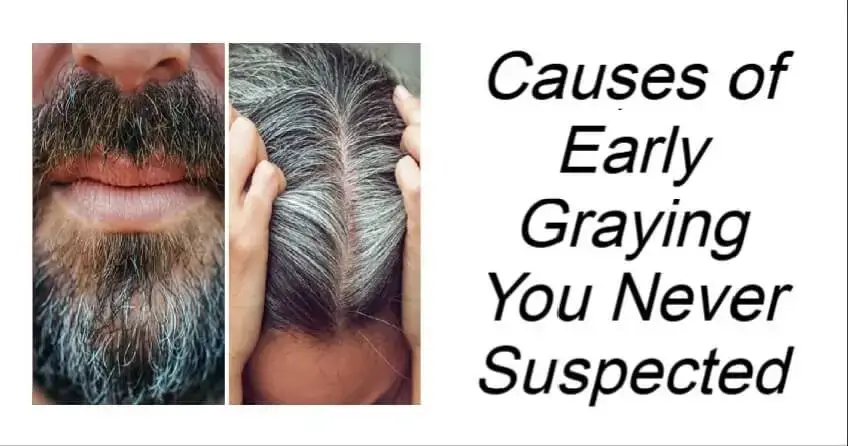
More and more women today are choosing to embrace their natural gray hair, stepping away from harsh dyes and outdated beauty standards. Silver strands are being redefined—not as a sign of aging, but as a statement of confidence, wisdom, and authenticity.
But for those who start graying earlier than expected, it can still be confusing, even frustrating. What causes premature gray hair? And is there anything you can do to slow it down?
Let’s explore some of the most common causes—and a few lifestyle changes that may help you keep your natural color longer.
1. You Might Have a Calcium Deficiency
Calcium does much more than keep your bones strong. It also plays a key role in supporting melanin production—the pigment responsible for your hair’s natural color. When your body doesn’t get enough calcium, it can disrupt melanin creation, leading to early graying.
Tip: Aim for at least 200 mg of calcium per day, and ideally more depending on your age and activity level. Include calcium-rich foods like:
-
Milk and yogurt
-
Cheese
-
Leafy greens (like kale and spinach)
-
Almonds
-
Sardines (with bones)
Bonus: Calcium also helps regulate hormones and nerve function—both of which can influence hair health over time.
2. Chronic Stress Might Be the Hidden Trigger
It’s not just a saying—stress really can turn your hair gray.
Scientific studies have confirmed that chronic stress can deplete the stem cells responsible for regenerating hair follicles. When those cells are damaged or exhausted, new hair may grow without pigment.
Ways to manage stress:
-
Daily mindfulness or meditation (just 10 minutes can help)
-
Regular physical activity
-
Journaling or expressive writing
-
Digital detoxes—reduce screen time and social media exposure
-
Talking to a therapist or coach
Reducing stress won’t magically reverse gray hair, but it can slow down its progression—and improve your overall well-being.
3. Your Hair Products Could Be Damaging Your Pigment
Many mainstream shampoos, conditioners, and styling products are packed with harsh chemicals, sulfates, and synthetic fragrances that can strip your hair of natural oils—and potentially harm melanin levels over time.
What you can do:
-
Switch to sulfate-free or all-natural hair products
-
Avoid frequent coloring, bleaching, or chemical treatments
-
Limit heat styling like flat irons and blow dryers
-
Use protective serums before styling and avoid over-washing
Your hair care routine should nourish, not punish, your scalp and strands.
4. A Vitamin B12 Deficiency Could Be the Root Cause
Vitamin B12 is essential for red blood cell production and DNA synthesis, but it also plays a major role in hair health. A deficiency in B12 is one of the leading nutritional causes of premature graying, and can also lead to hair thinning and shedding.
Foods rich in B12 include:
-
Eggs
-
Dairy products
-
Tuna, salmon, and sardines
-
Beef and chicken liver
-
Fortified cereals or plant-based milks
If you're vegan or vegetarian, B12 supplements may be necessary—just talk to your healthcare provider before starting any new vitamin regimen.
5. A Thyroid Imbalance Could Be Behind It
Your thyroid gland regulates your metabolism, energy levels, and hormones. An underactive (hypothyroid) or overactive (hyperthyroid) condition can cause dry, brittle, thinning, or prematurely gray hair.
Other symptoms might include:
-
Fatigue or insomnia
-
Sudden weight changes
-
Cold intolerance or excessive sweating
-
Mood swings or anxiety
If you suspect a thyroid issue, don’t guess—get a blood test to check your hormone levels and speak with your doctor. Treating a thyroid imbalance can improve not just your hair—but your overall health.
6. Genetics May Be the Deciding Factor
Sometimes, it all comes down to DNA. If your parents or grandparents went gray in their 20s or 30s, there’s a good chance you might, too.
What can you do?
While you can’t change your genes, you can nourish your hair and scalp to stay healthy and strong. Think of it like skincare—your hair deserves the same consistent attention and care.
Embracing your genetic makeup doesn’t mean giving up. It means working with your biology, not against it.
BONUS: Healthy Habits to Delay or Minimize Premature Graying
While you can’t reverse gray hairs once they appear, you can slow the process with these daily habits:
✅ Shield your strands: Wear a hat or scarf in direct sunlight to prevent UV damage.
✅ Ditch the heat: Reduce blow-drying, straightening, and curling to avoid stressing your hair.
✅ Be gentle: Use wide-tooth combs to avoid breakage and scalp irritation.
✅ Massage with oils: Coconut or castor oil massages stimulate blood flow and nourish the follicles.
✅ Eat for your hair: Include foods high in antioxidants, zinc, copper, and iron. Think: kale, cabbage, almonds, lentils, and carrot juice.
✅ Try natural rinses: Rosemary water, black tea, or coffee rinses may darken existing grays subtly and naturally over time.
Gray Hair Is Not a Flaw—It’s a Feature
At the end of the day, gray hair is not a failure—it’s a transformation. And it can be incredibly beautiful.
From fashion icons to influencers to everyday women, silver strands are becoming a symbol of power, confidence, and authenticity. Whether you choose to cover your grays or flaunt them proudly, the choice is yours—and that’s what makes it empowering.
So if your first few silver hairs have caught you by surprise, take a deep breath. It’s not the end of youth. It’s the beginning of a new kind of beauty.
News in the same category

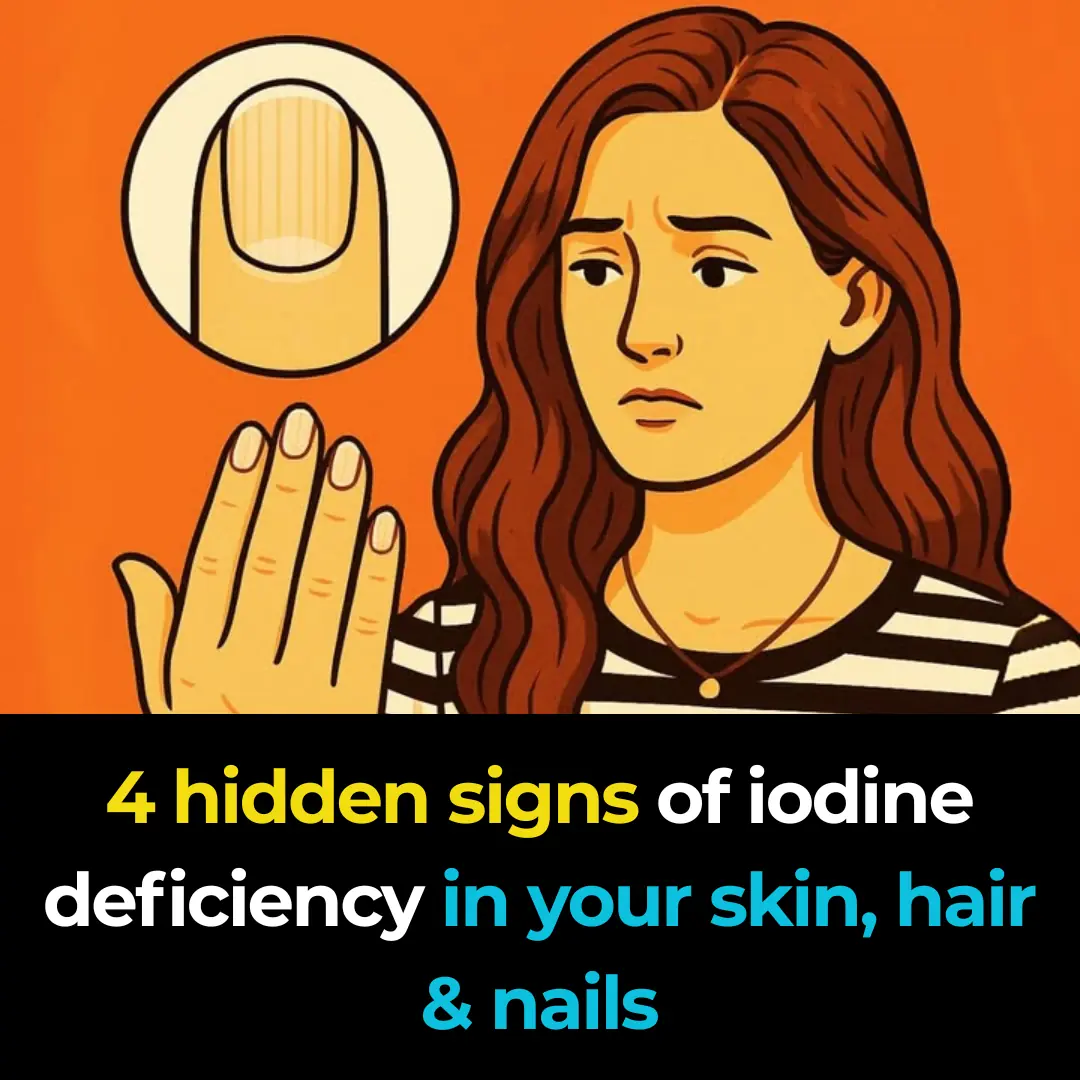
4 hidden signs of iodine deficiency in your skin, hair & nails

The Most Effective Natural Way to Remove Gallstones
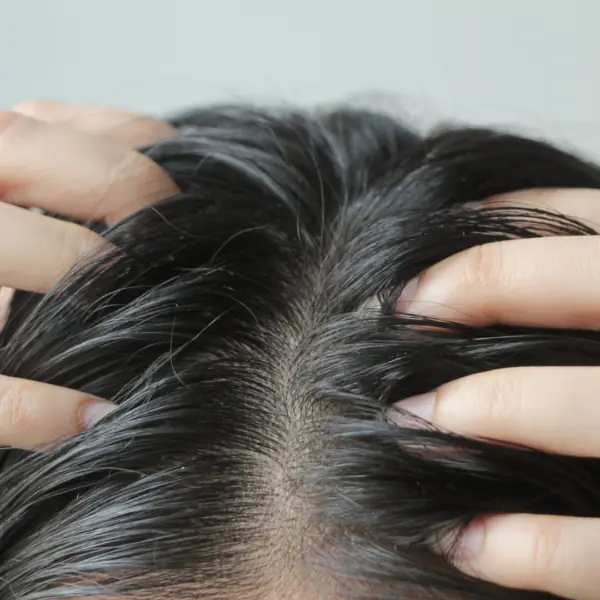
That Persistent Scalp Itch

That Random Stabbing Pain in Your Chest Has Finally Been Explained

The Dirty Secret About Toilet Paper on Public Seats
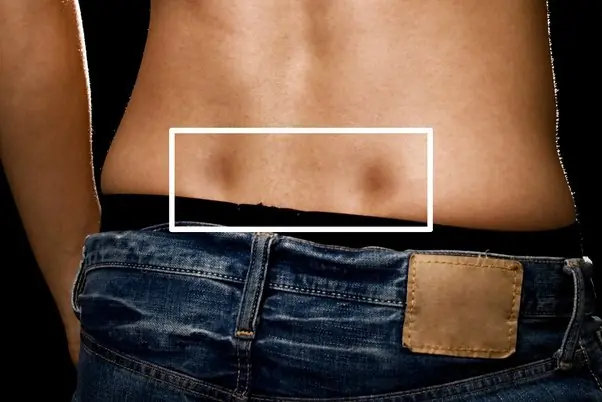
If You Have These Two "Dimples" on Your Lower Back, Here's What They Mean

4 Red Flags Your Brain Might Be in Trouble as Experts Warn Alzheimer’s Can Start Decades Before Symptoms Appear
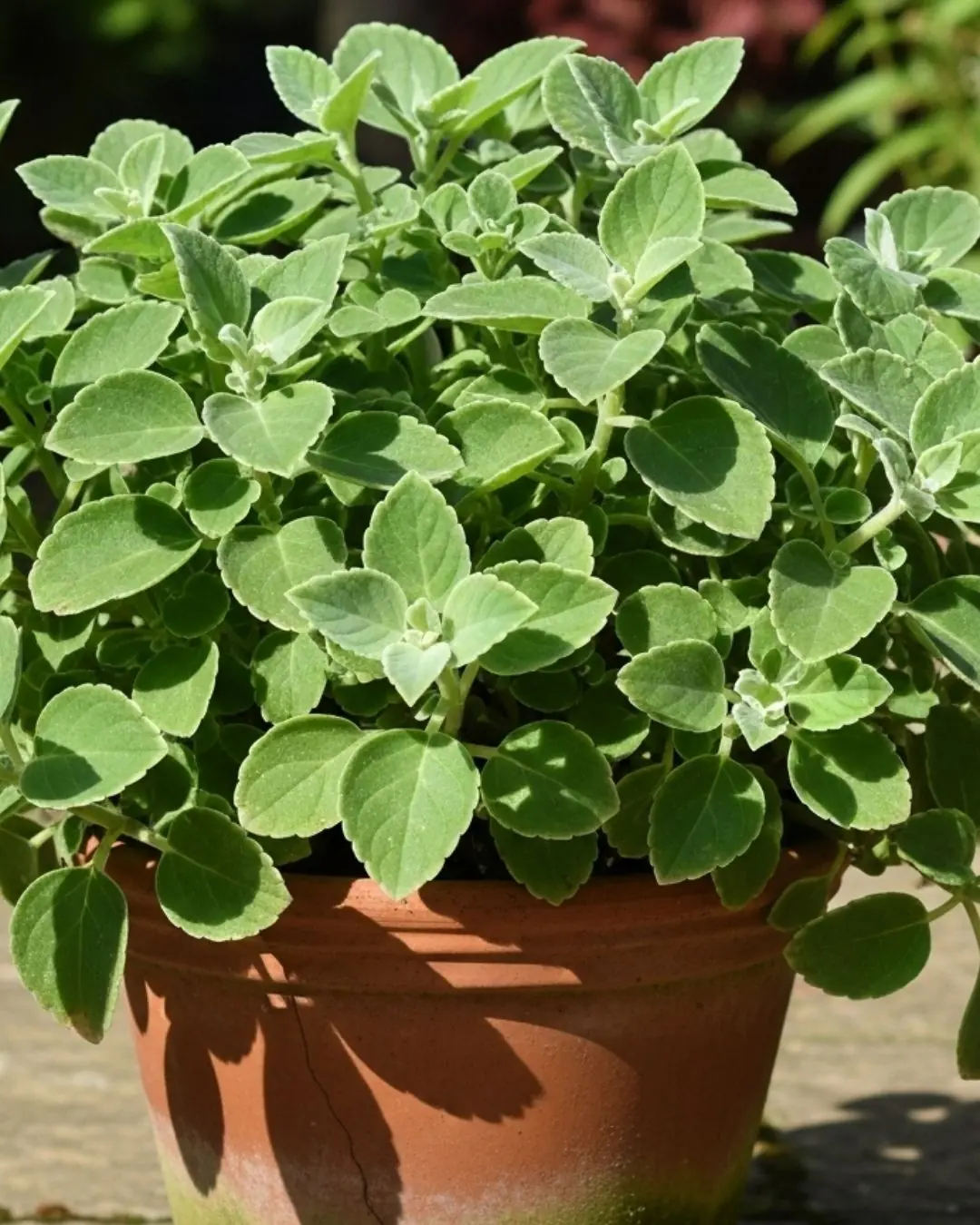
A Scientific Look at Oregano’s Role in Supporting Wellness

Cloves: 10 Health Benefits of Eating 2 Daily

Chicken Gizzards: 3 Surprising Benefits You Might Be Missing

80% of Heart Attacks Could Be Avoided If Everyone Did These 5 Easy Things

People Are Putting Onions in Their Socks—Here’s Why You Don’t Want to Miss Out
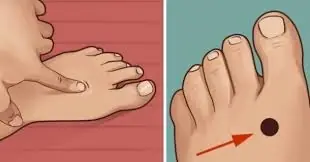
If You Press This Point on Your Foot Before Bed, This Is What It Does to Your Body
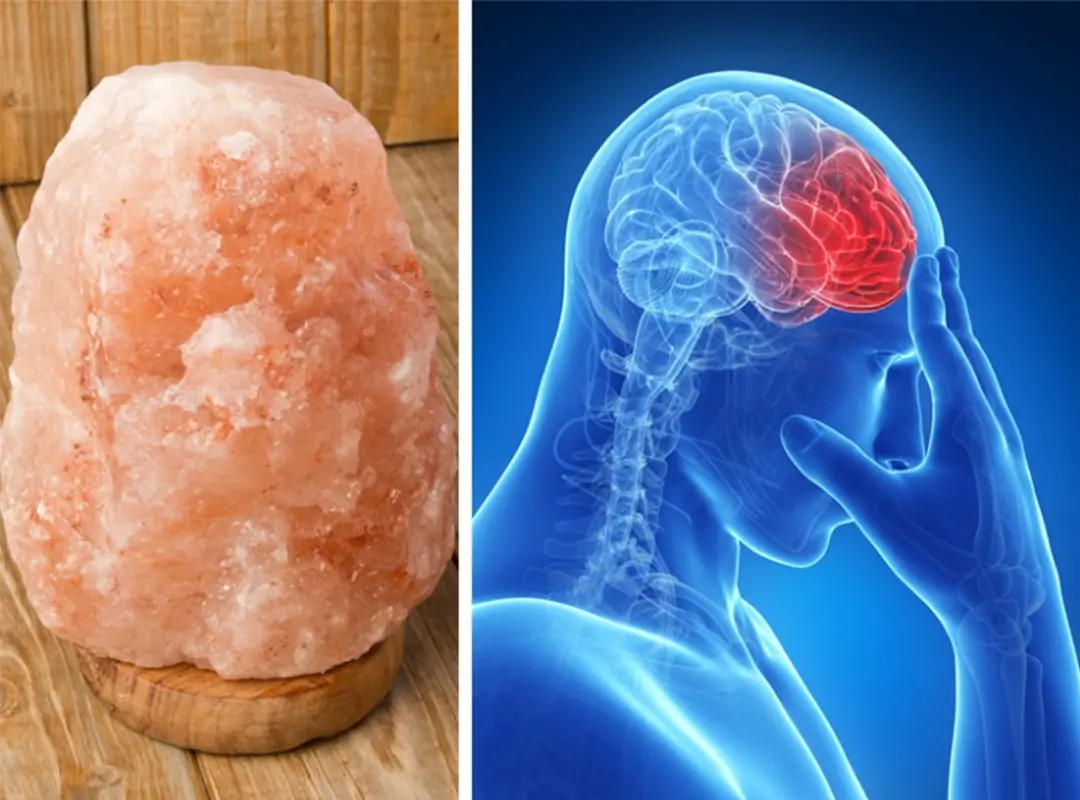
This Is What Happens to Your Lungs, Mood, and Blood Circulation When You Use a Himalayan Salt Lamp
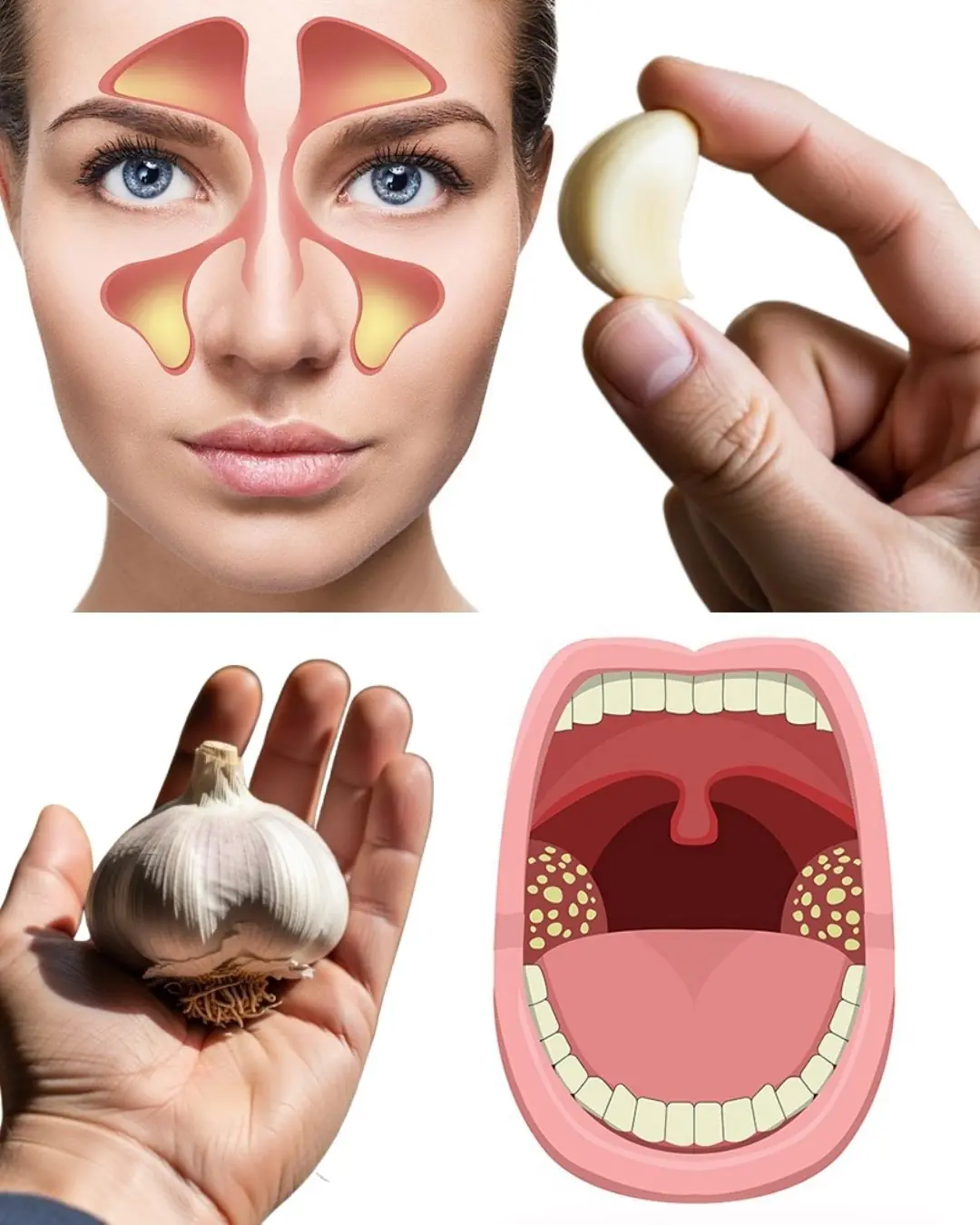
Garlic Destroys Urinary System Infections! Just Do This… 🧄✨
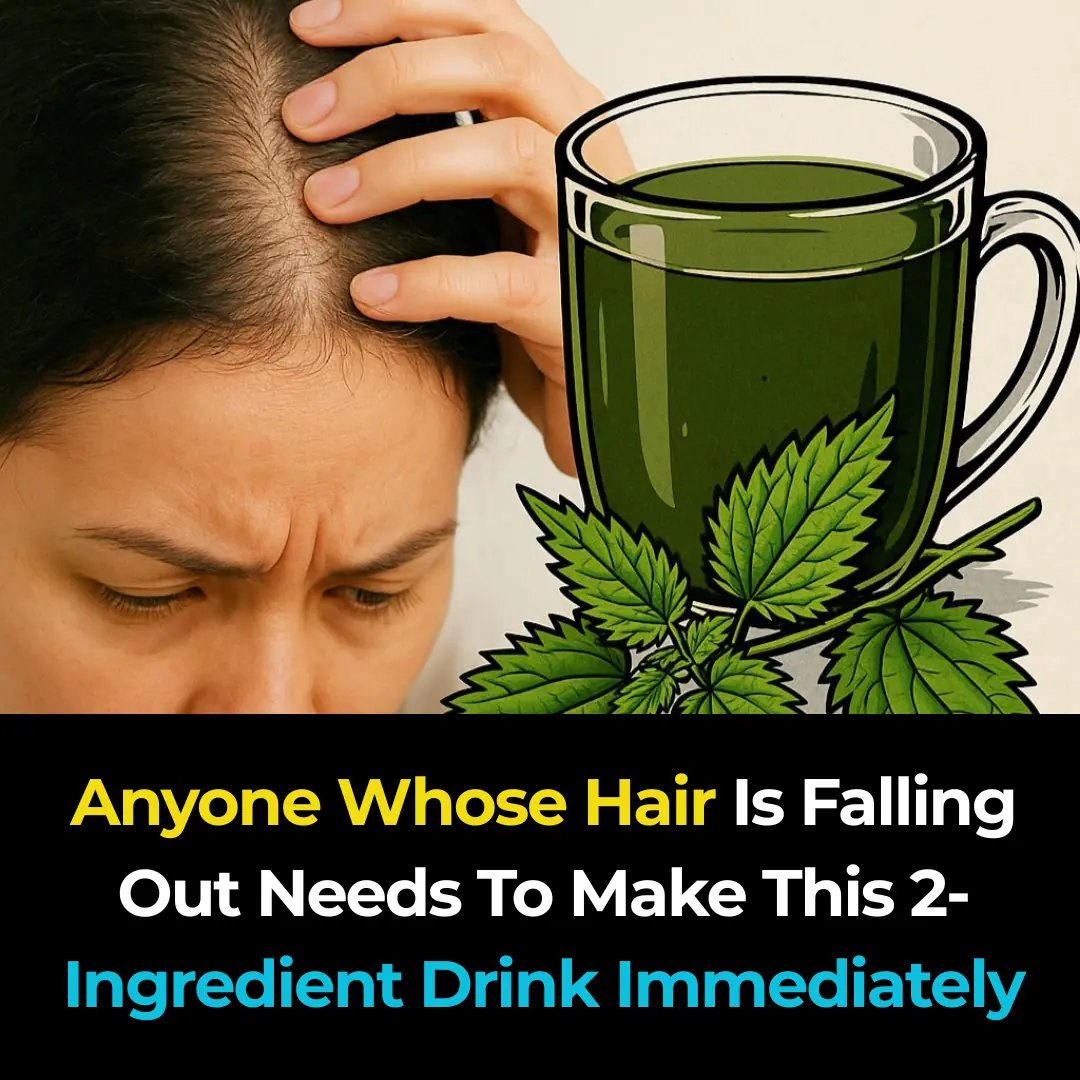
Anyone Whose Hair Is Falling Out Needs To Make This 2-Ingredient Drink Immediately

13 Detox Foods To Flush Out Toxins, Fight Cancer Cells And Relentlessly Hunt Free Radicals

Doctor warns: your ‘healthy’ lemon water habit is actually destroying your liver – here’s what you’re doing wrong
News Post

How to wash your hair with perilla leaf water to prevent hair loss and stimulate the growth of new hair.

Don’t soak frozen meat in cold water. Follow the chef’s method to defrost it in 5 minutes, and the meat will still taste great.

How to store chili peppers for months, keeping them as fresh as if they were just picked, with firm, plump flesh that doesn't dry out or lose flavor.

3 powerful vegetables everyone overlooks (but shouldn’t!)

4 hidden signs of iodine deficiency in your skin, hair & nails

The Most Effective Natural Way to Remove Gallstones
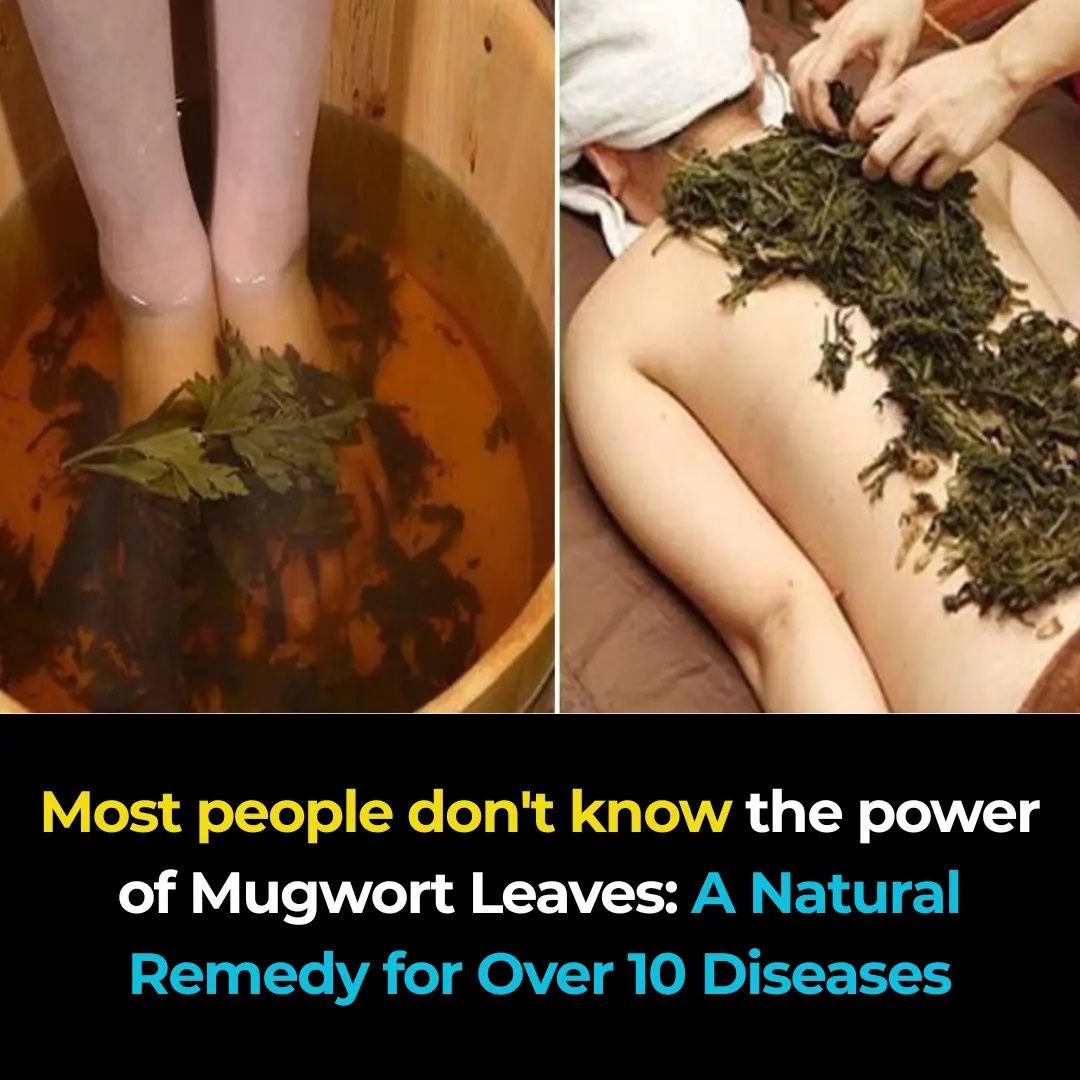
Mugwort Plant: Benefits, Properties, and Uses

Purslane: The Superfood That Tastes Better Than Meat – 7 Reasons to Grow It in Your Garden

That Persistent Scalp Itch
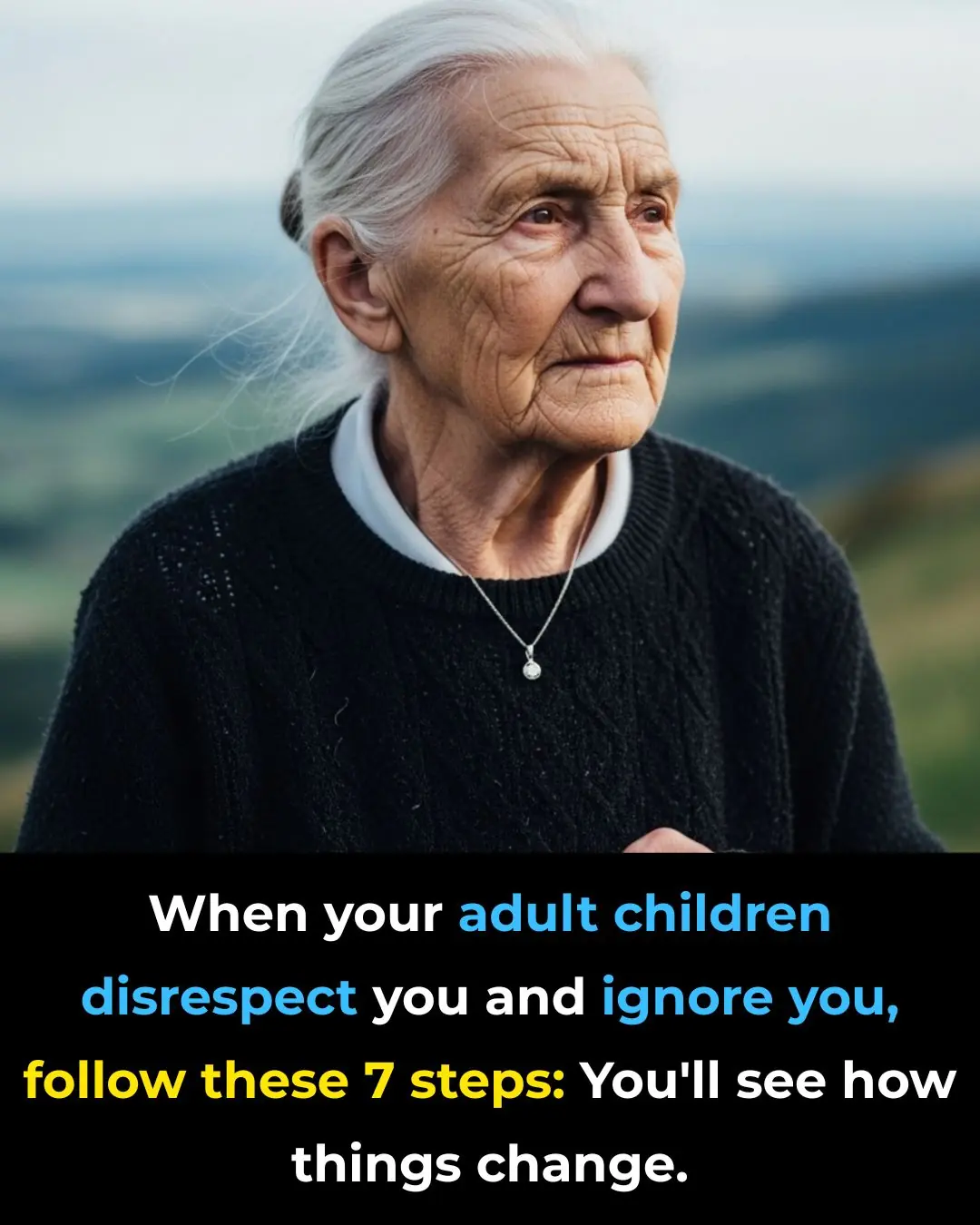
Steps to Take When Your Adult Children No Longer Show Respect

That Random Stabbing Pain in Your Chest Has Finally Been Explained

The Dirty Secret About Toilet Paper on Public Seats

If You Have These Two "Dimples" on Your Lower Back, Here's What They Mean

How to Save Electricity: Immediately Put a Roll of Toilet Paper into Your Refrigerator – An Amazing Trick That Also Saves You Money

When Your Non-Stick Pan Loses Its Coating, Don’t Throw It Away: Try This Method to Fry Without Food Sticking or Breaking

Simple and Effective Tips to Repel Rats Using Leftover Rice — Anyone Can Do It at Home

5 Most Common Deathbed Regrets, According to Palliative Care Nurse
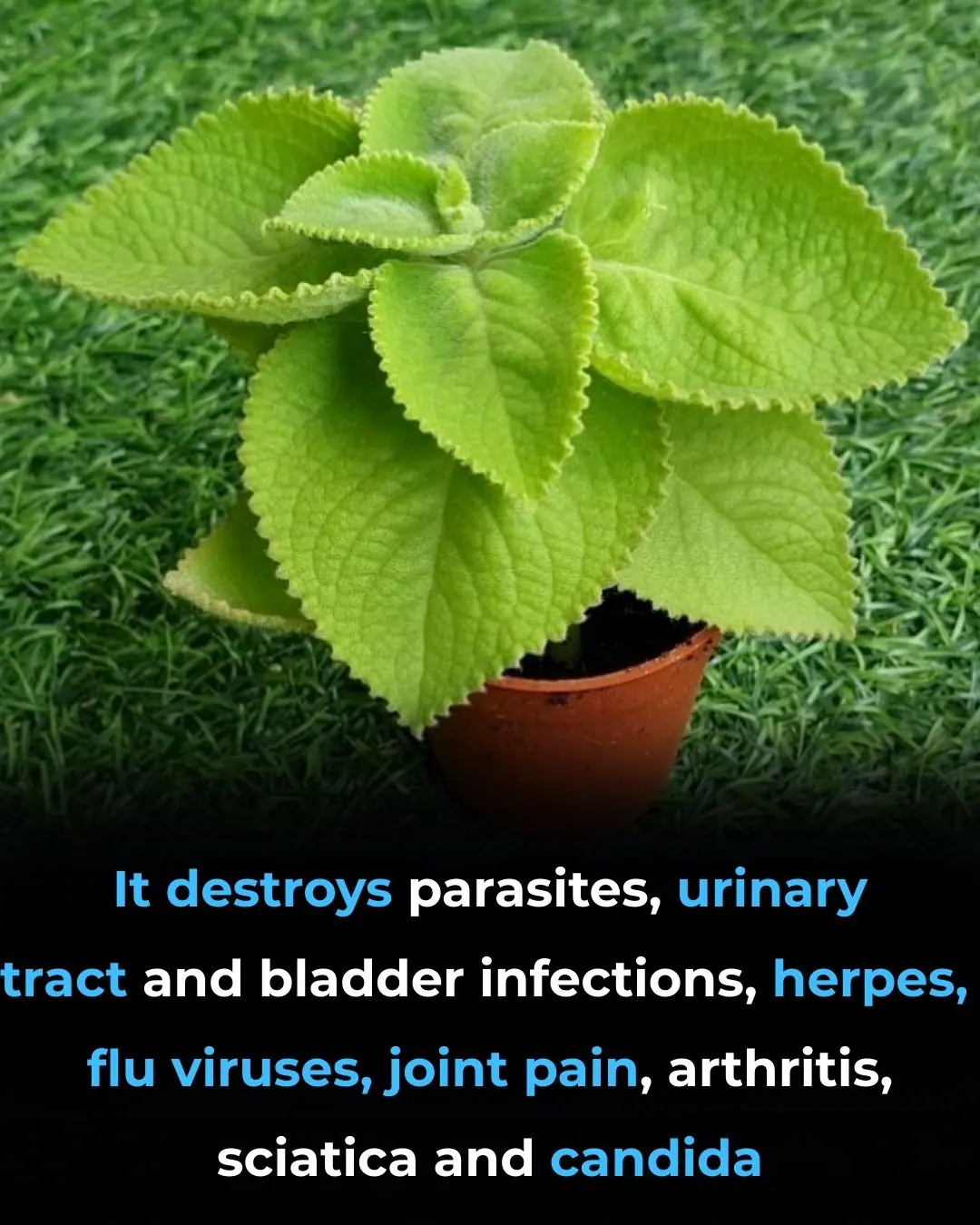
🌿 Oregano: Nature’s Small but Mighty Healer
